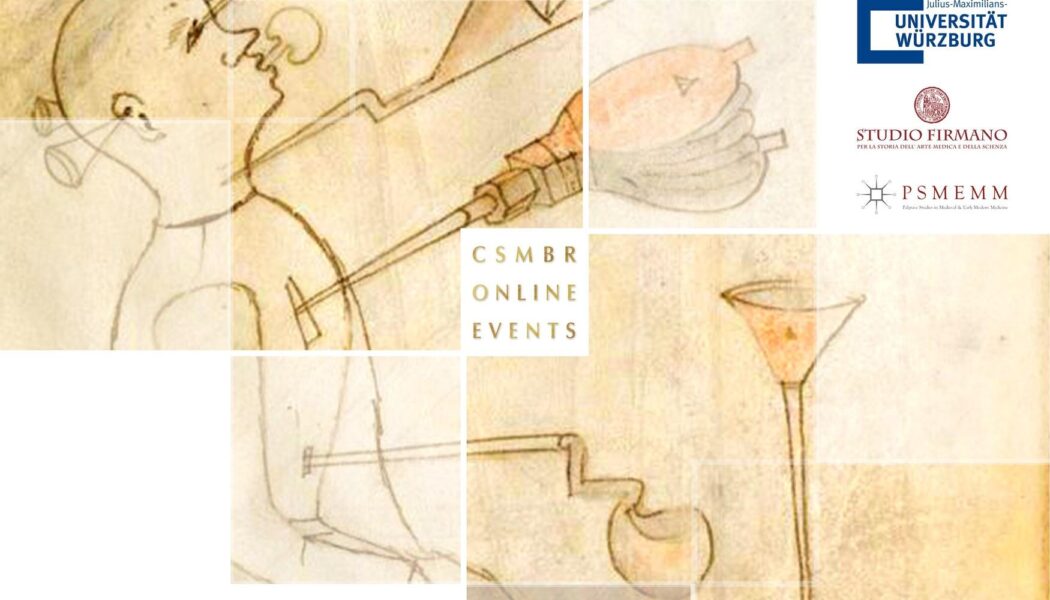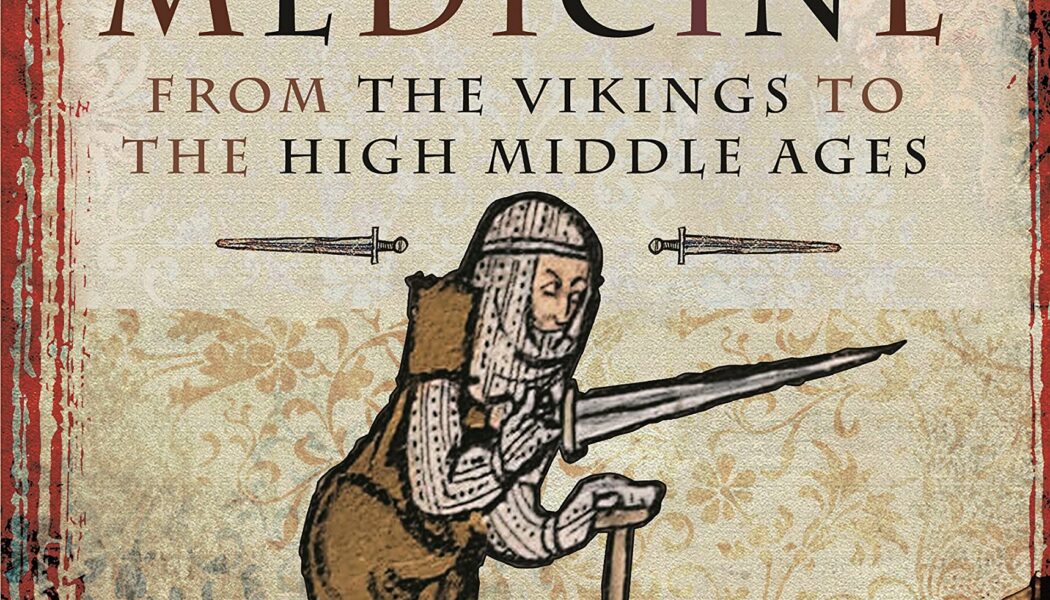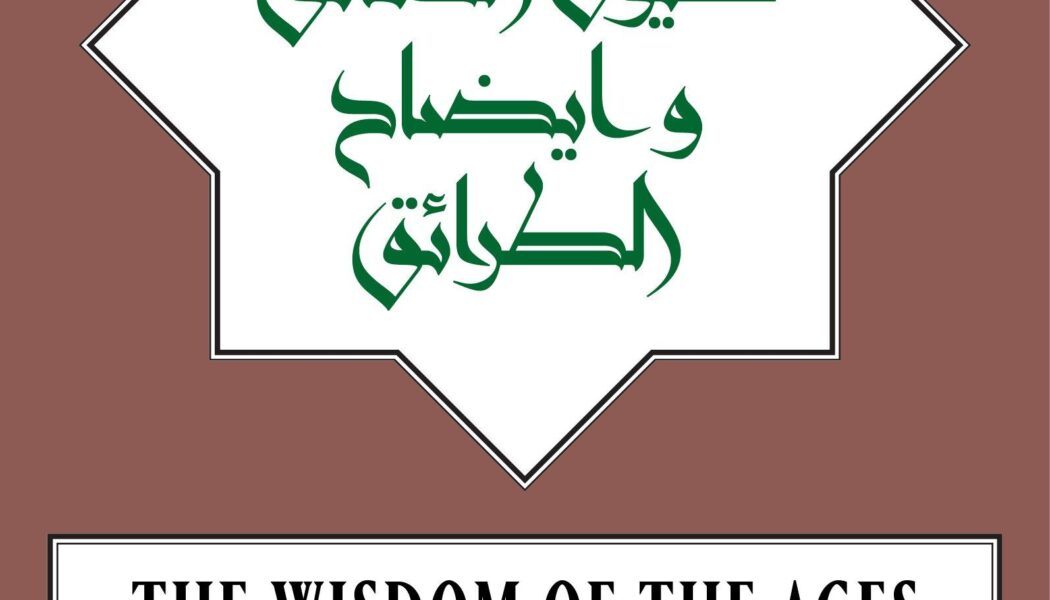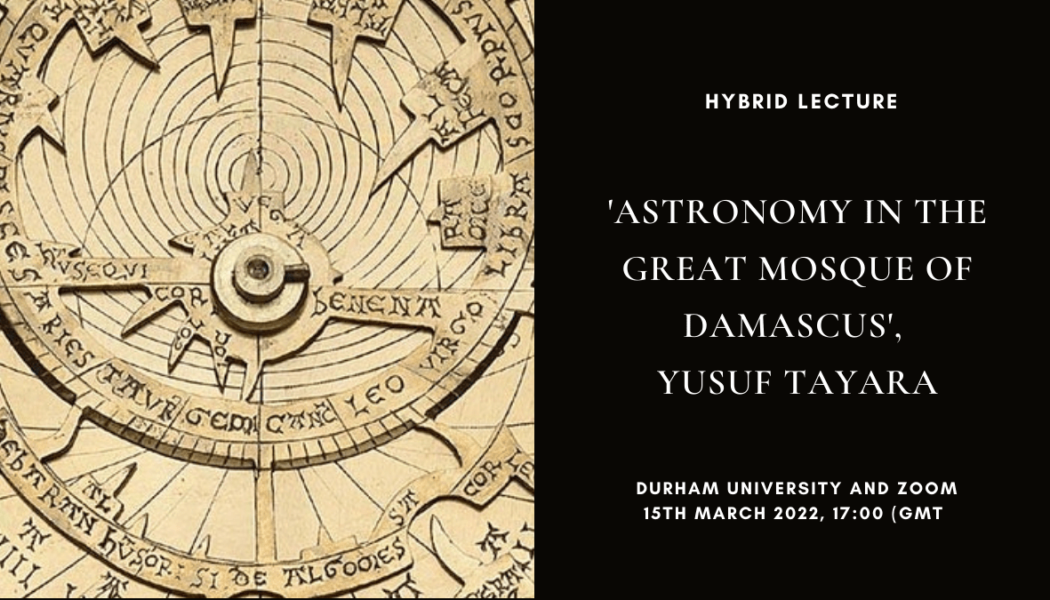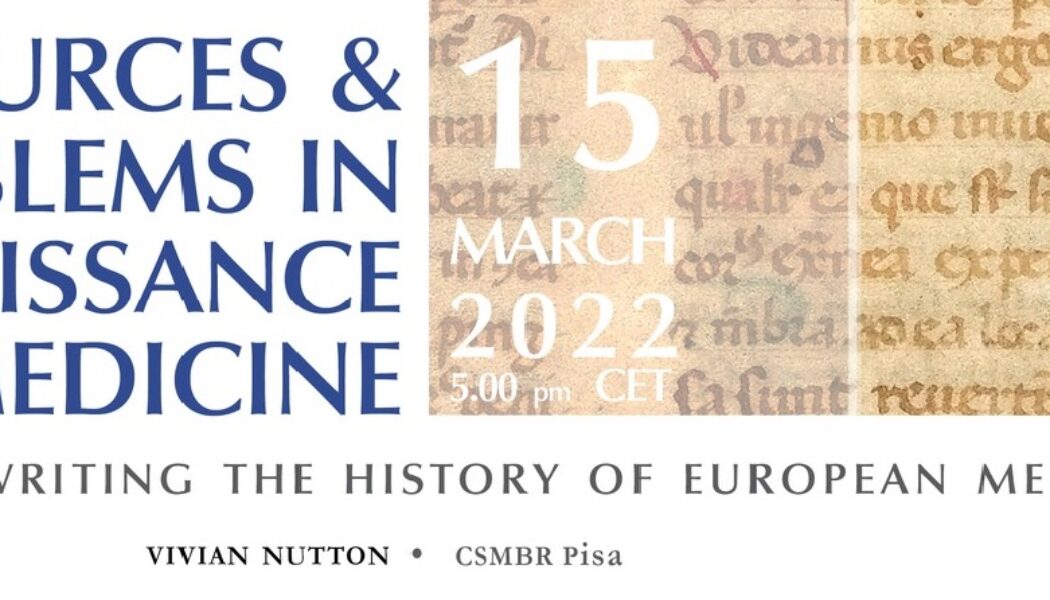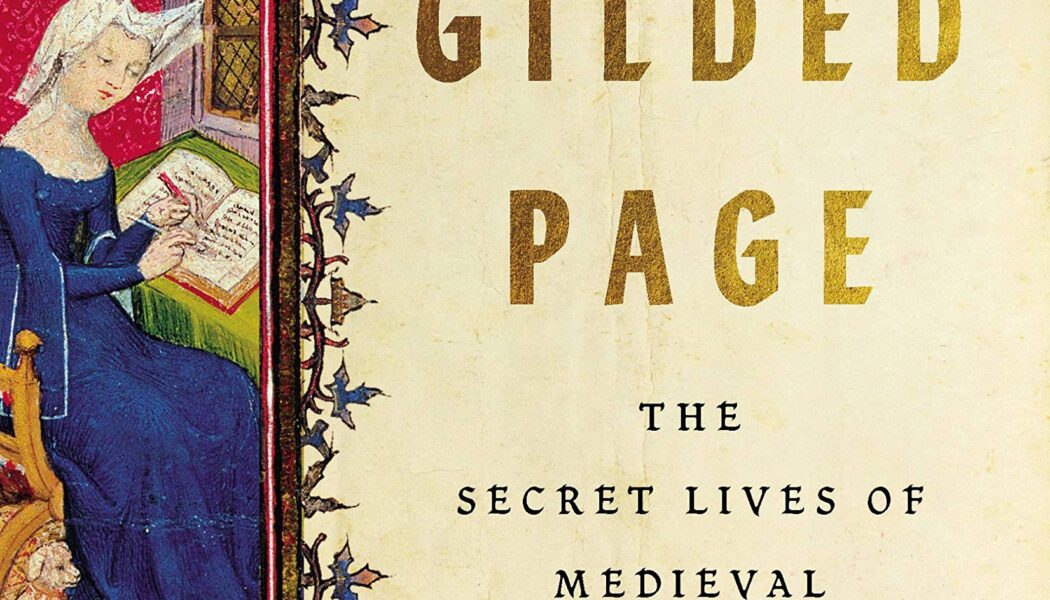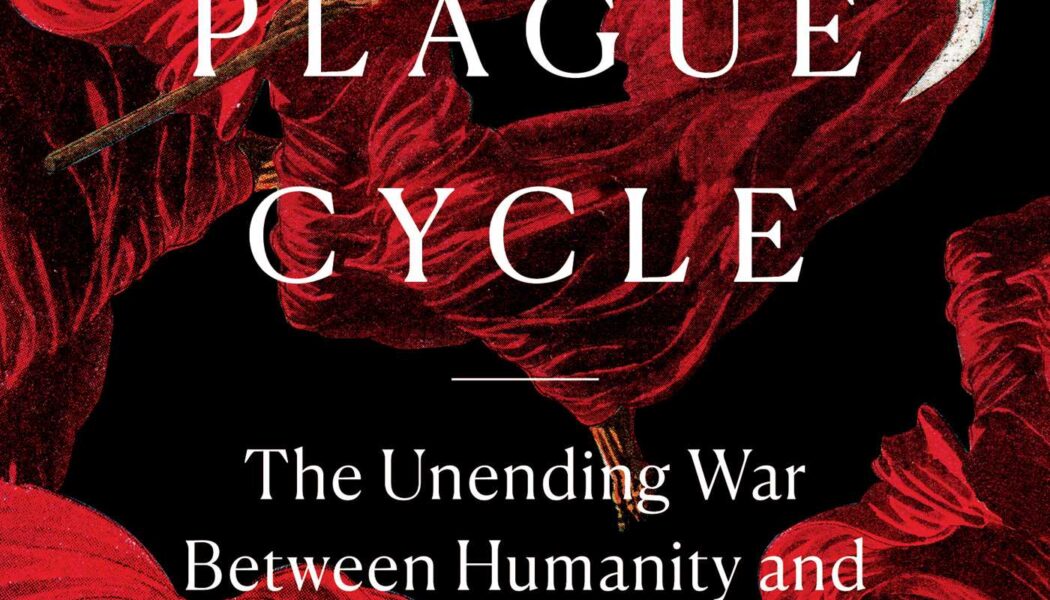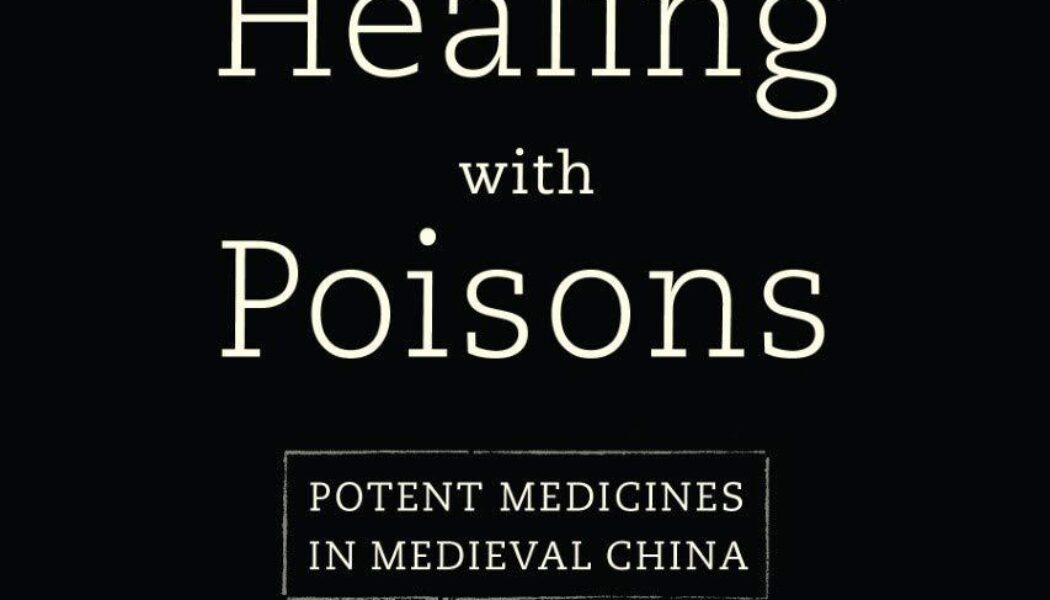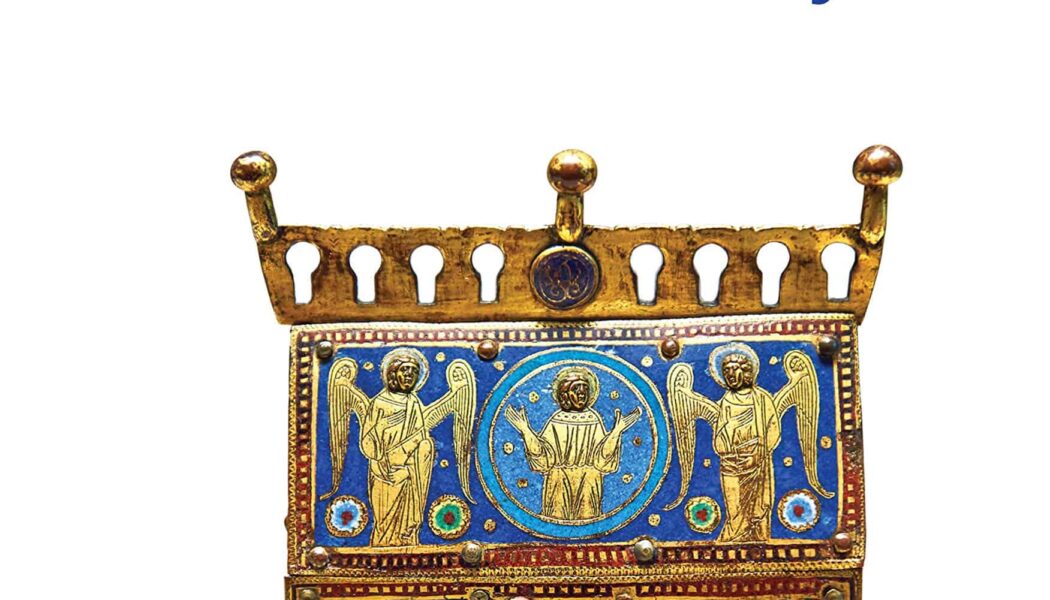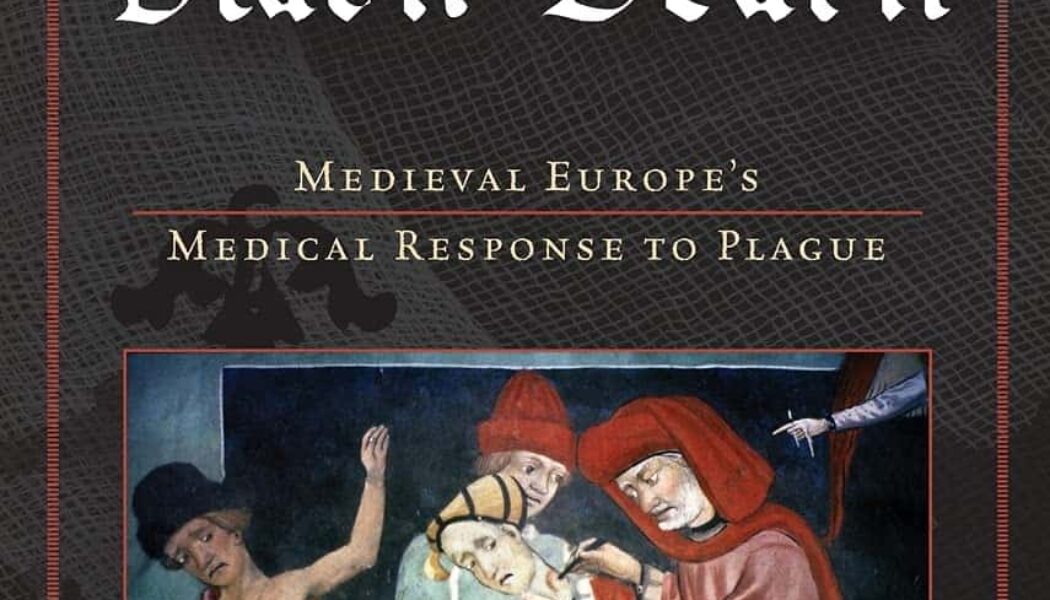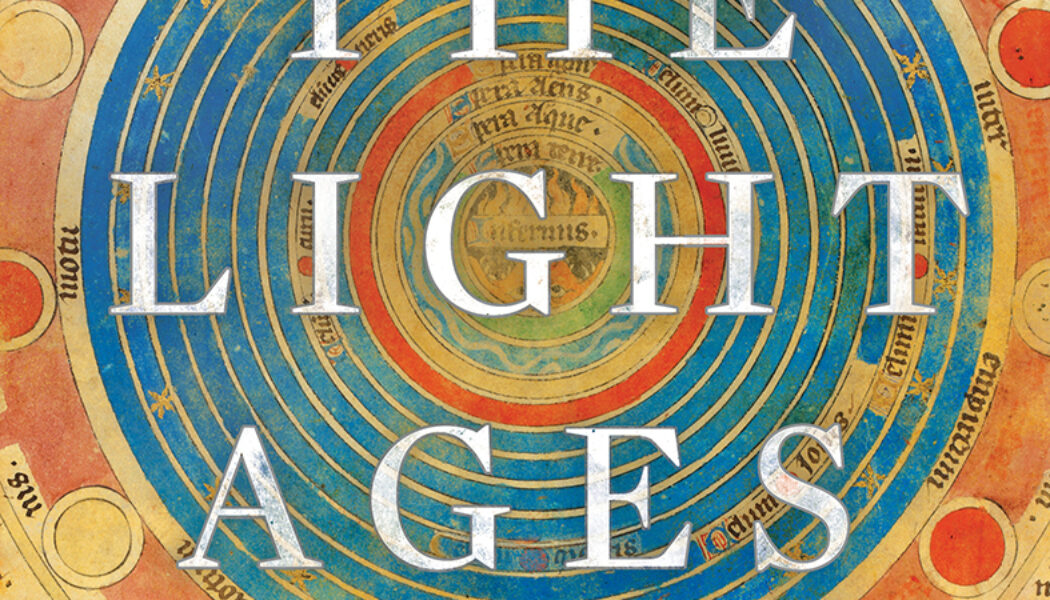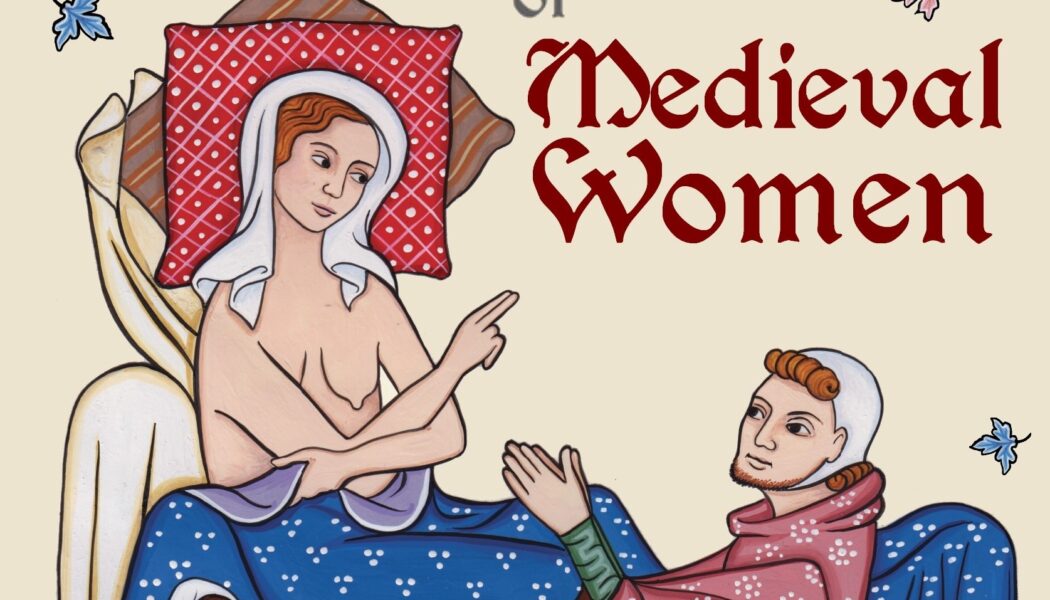medieval science
DELAYING DEATH. The Role of Alchemy in Roger Bacon’s Medical Works
Examining the role and influences of alchemy on Roger Bacon's medical works
Medieval Military Medicine: From the Vikings to the High Middle Ages
Features many individual cases, extracting their stories of wounds, sickness and death from chronicles, miracle collections, surgeries, government records and other documents.
The Wisdom of the Ages & the Secrets of the Sages: A Medieval Arabic Grimoire
This book, previously unavailable in English, is an exemplar of the medieval magic of Syria, showing influences of alchemy, natural magic, demonology and ceremonial magic.
Astronomy in the Great Mosque of Damascus: Towards a Social History of Mamluk Astronomy
Join us at the Institute of Medieval and Early Modern Studies, Durham University, 7 Owengate, Durham, DH1 3HB, on March 15 at 5:00 p.m. to hear Yusuf Tayara of the Oxford University History Department present his research on ‘Astronomy in the Great Mosque of Damascus: Towards a Social History of Mamluk Astronomy’.
SOURCES & PROBLEMS IN RENAISSANCE MEDICINE. Rewriting the History of European Medicine
This lecture explains the rationale behind the new survey of history in the period, which relies on a wide range of primary and unfamiliar texts drawn from across Europe from Moldavia to Portugal. It considers the consequences for medicine of the opening up of Europe to the wider world, as well as the results of the ever-hardening religious divide, including the fate of Arabic medicine in Iberia.
The Gilded Page: The Secret Lives of Medieval Manuscripts
Medieval manuscripts can tell us much about power and art, knowledge and beauty. Many have survived because of an author’s status—part of the reason we have so much of Chaucer’s writing, for example, is because he was a London-based government official first and a poet second.
The Plague Cycle: The Unending War Between Humanity & Infectious Disease
For four thousand years, the size and vitality of cities, economies, and empires were heavily determined by infection. Striking humanity in waves, the cycle of plagues set the tempo of civilizational growth and decline, since common response to the threat was exclusion—quarantining the sick or keeping them out. But the unprecedented hygiene and medical revolutions of the past two centuries have allowed humanity to free itself from the hold of epidemic cycles—resulting in an urbanized, globalized, and unimaginably wealthy world.
Healing with Poisons: Potent Medicines in Medieval China
Healing with Poisons explores the ways physicians, religious devotees, court officials, and laypeople used powerful substances to both treat intractable illnesses and enhance life.
What is Medieval History?
What is it that medieval historians do? How – and why – do they do it? Arnold discusses the creation of medieval history as a field, the nature of its sources, the intellectual tools used by medievalists, and some key areas of thematic importance from the fall of the Roman Empire to the Reformation.
Doctoring the Black Death: Medieval Europe’s Medical Response to Plague
Dispelling many myths and misconceptions about medicine during the Middle Ages, Aberth shows that plague doctors formulated a unique and far-reaching response as they began to treat plague as a poison, a conception that had far-reaching implications, both in terms of medical treatment and social and cultural responses to the disease in society as a whole.
The Light Ages: The Surprising Story of Medieval Science
An illuminating guide to the scientific and technological achievements of the Middle Ages through the life of a crusading astronomer-monk. Soaring Gothic cathedrals, violent crusades, the Black Death: these are the dramatic forces that shaped the medieval era. But the so-called Dark Ages also gave us the first universities, eyeglasses, and mechanical clocks. As medieval thinkers sought to understand the world around them, from the passing of the seasons to the stars in the sky, they came to develop a vibrant scientific culture.
The Very Secret Sex Lives of Medieval Women: An Inside Look at Women & Sex in Medieval Times
An inside look at sexual practices in medieval times. Were medieval women slaves to their husband's desires, jealously secured in a chastity belt in his absence? Was sex a duty or could it be a pleasure? Did a woman have a say about her own female sexuality, body, and who did or didn’t get up close and personal with it? No. And yes. It’s complicated Romance, courtship, and behind closed doors. The intimate lives of medieval women were as complex as for modern women. They loved and lost, hoped and schemed, were lifted up and cast down. They were hopeful and lovelorn. Some had it forced upon them, others made aphrodisiacs and dressed for success. Some were chaste and some were lusty. Having sex was complicated. Not having sex, was even more so.

